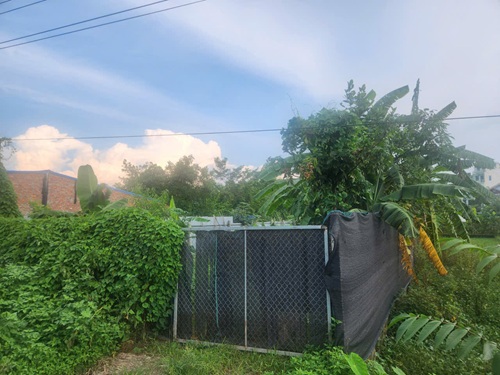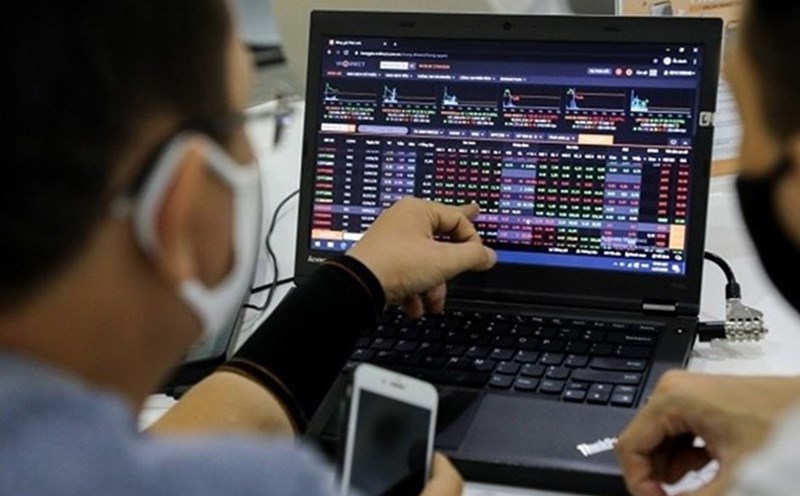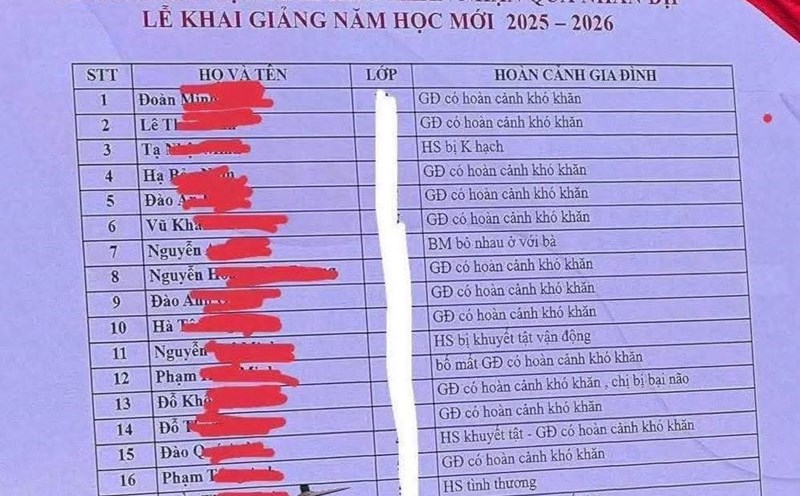Changing investment thinking
Previously, many investors chose suburban land with affordable prices and could easily expect quick profits. A popular strategy is to buy today and sell after a few months to enjoy the difference. However, when the market enters the liquidation stage, the "fast beat" approach reveals many risks.
Many macro policies are currently aimed at stability and transparency, forcing investors to change their strategies. Instead of relying on planning information or crowd psychology, they must be patient, focusing on clear legal products with real value.

Mr. Nguyen Anh Tuan (Hanoi) shared: In early 2025, I bought a 50m2 plot of land in Di Ai (Hoai Duc) for nearly 5 billion VND, expecting to increase the price thanks to the administrative merger. But after a month, I realized that the land was difficult to liquidate due to weak real demand. I was forced to change my thinking, switching from surfing to long-term investment, otherwise it would be easy to get stuck with capital".
Currently, prices in many suburban areas are still high. In Hoai Duc, the price of townhouses ranges from 130-180 million VND/m2; land between traffic jams is 70-85 million VND/m2. In Dan Phuong, legal land with good locations is commonly 70-120 million VND/m2, even up to 125-140 million VND/m2 if near the main axis. In Thach That and Me Linh areas, land on the road that can be traded is also being offered for sale at 70-110 million VND/m2.
transparent and sustainable cycle
According to experts, the "virtual wave" era is over. Projects based on planning rumors, lack of legality, and unsynchronized infrastructure are almost unliquidated. On the contrary, projects with clear legal status, complete infrastructure, and real housing needs still attract customers.
According to Mr. Do Van Thach (Dova Land), small and medium-sized real estate models with clear ownership laws, especially high-end mini apartments with red books on each floor, are suitable for young families in urban areas. This is a potential segment in the context of an increasingly scarce central land fund.
According to Mr. Thach, tightening credit, legal control, and transparency of information are the dosage to help the market stay healthy. The opportunity will belong to patient investors, with a long-term vision and choosing truly valuable products. Businesses must also shift from short-term sales to building sustainable value for customers.
The Vietnamese real estate market has gone through a "virtual fever" period and entered a new cycle of transparency, professionalism and sustainability. According to Mr. Nguyen The Diep - Vice President of Hanoi Real Estate Club, in the past, most investors and buyers were still cautious, "defending", and not in a hurry to invest. However, the prospect of recovery is positive thanks to a series of policies to remove bottlenecks for the project, creating new momentum for the market.
Real estate investment is no longer a simple game but a problem that combines many factors: policies, credit, supply - demand, market psychology. Only investors who are alert, flexible, and have long-term strategies can stay strong and create value in this reconstruction period, Mr. Diep commented.











